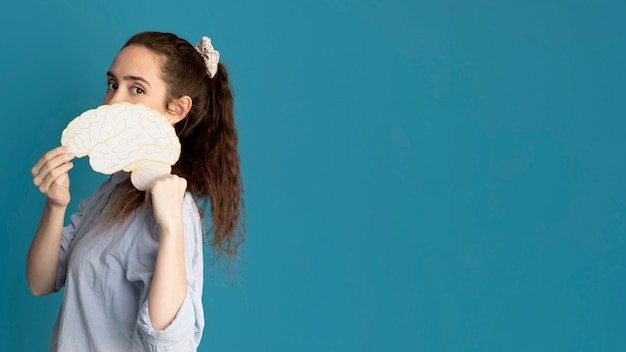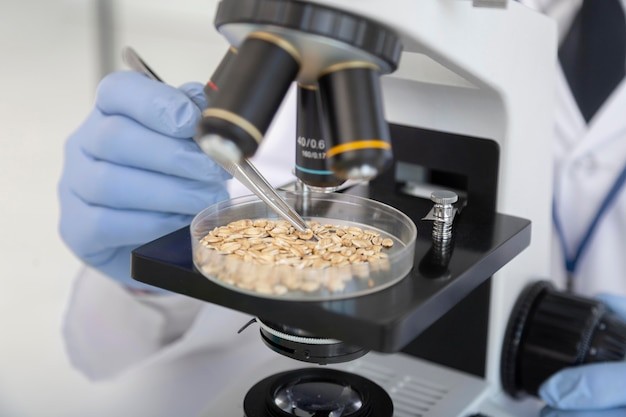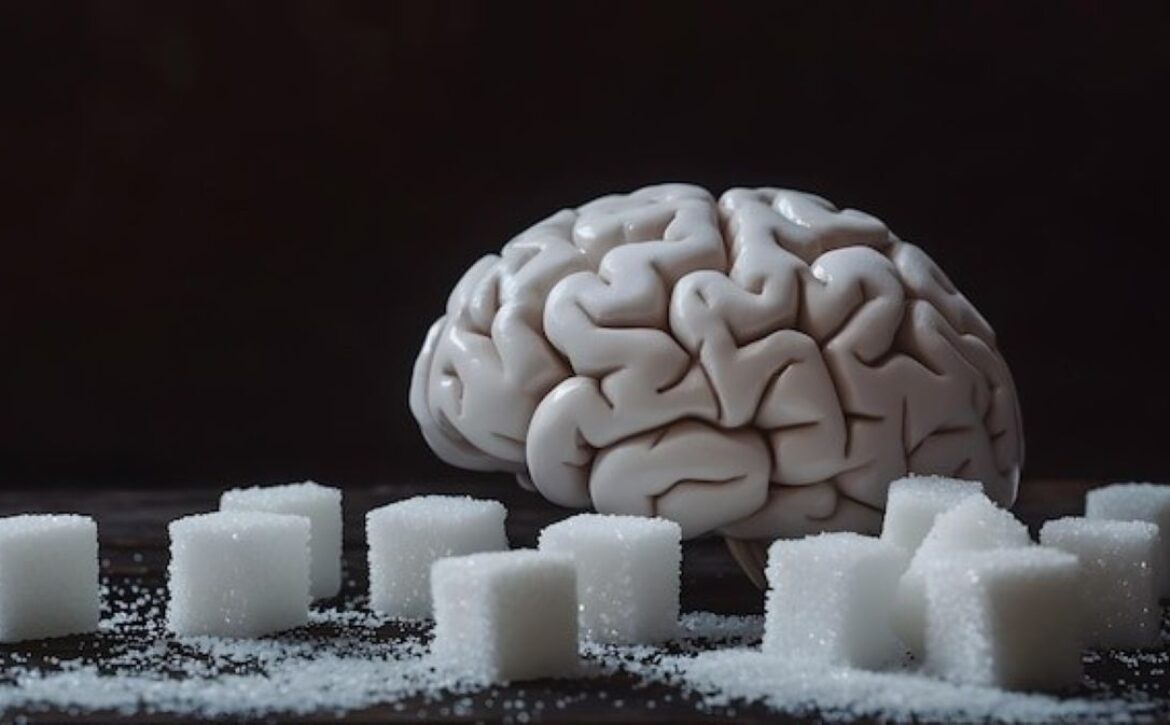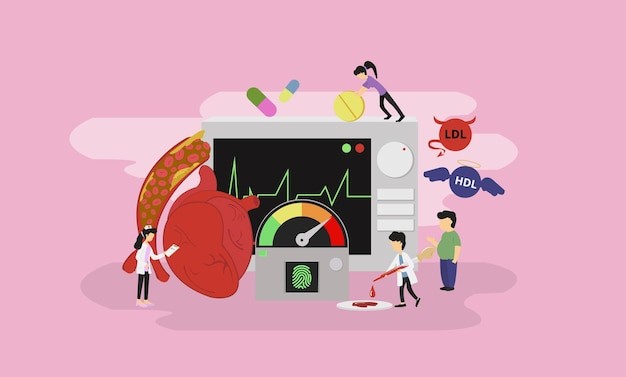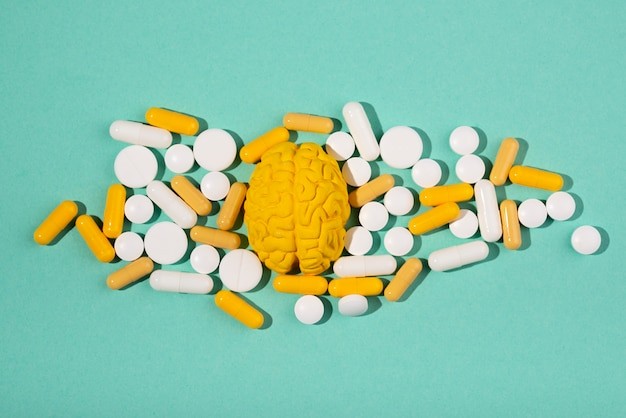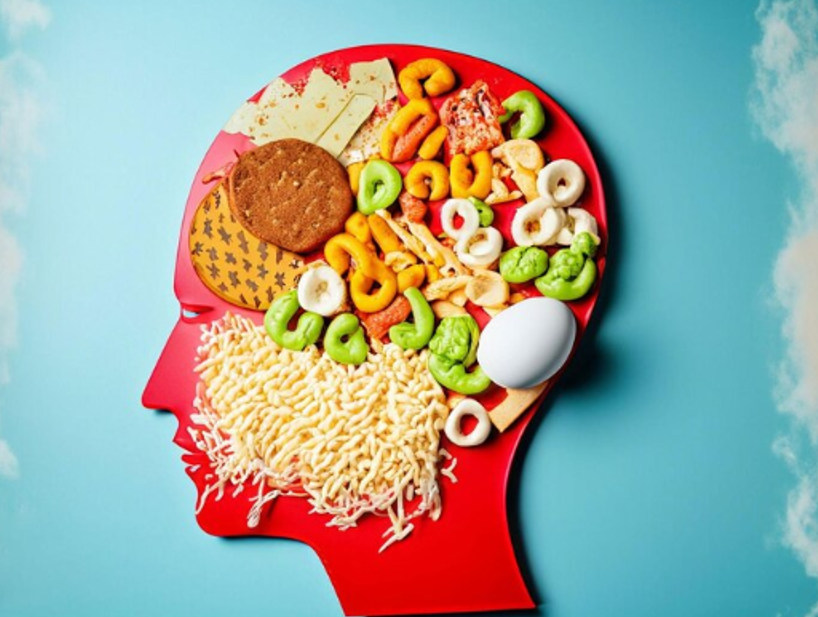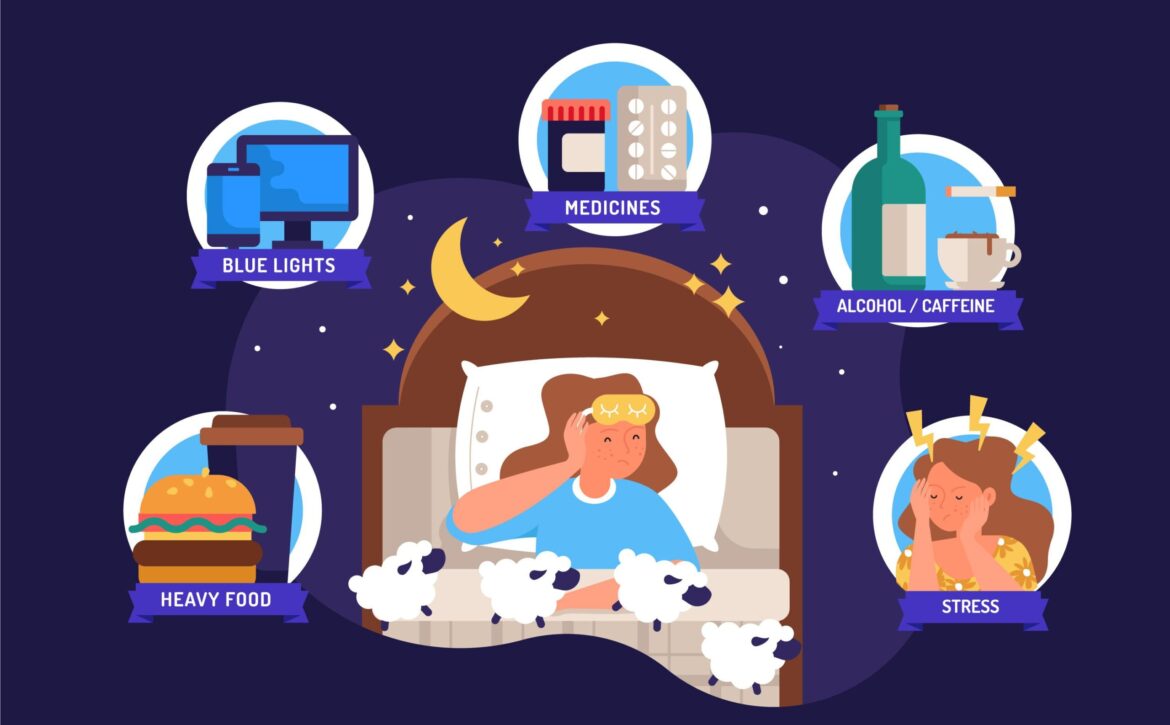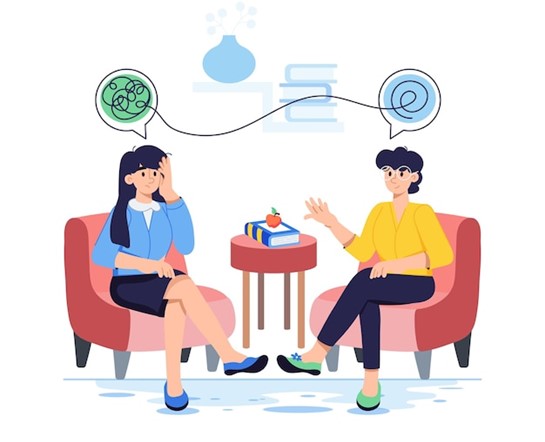OCD in the Digital Age: How Technology is Shaping OCD Treatment
Obsessive-compulsive disorder (OCD)
OCD is a long-term mental illness marked by unwanted, recurring thoughts (called obsessions) and repetitive actions (called compulsions) meant to ease the anguish these ideas bring. OCD is a crippling condition that frequently impairs a person’s capacity to carry out daily tasks. Cognitive-behavioral therapy (CBT), in particular exposure and response prevention (ERP), and medication are traditional treatments for obsessive compulsive disorder. However, the field of OCD treatment is changing quickly due to technological breakthroughs.
In addition to changing the way we live, work, and communicate, the advent of the digital age has created new opportunities for mental health care. Technology is changing how people with OCD are treated, from teletherapy and smartphone apps to virtual reality and artificial intelligence (AI). This essay examines how OCD treatment is being shaped by technology, the advantages and difficulties of digital therapies, and potential future developments in the management of this complicated illness.
OCD in the Digital Age: How Technology is Shaping OCD Treatment

Obsessive-Compulsive Disorder (OCD) is a chronic mental health condition characterized by unwanted, persistent thoughts (obsessions) and repetitive behaviors (compulsions) aimed at reducing the distress caused by these thoughts. OCD can be a debilitating disorder, often significantly impacting a person’s ability to function in daily life. Traditional treatment methods for OCD include cognitive-behavioral therapy (CBT), specifically exposure and response prevention (ERP), and medication. However, with advancements in technology, the treatment landscape for OCD is evolving rapidly.
The top OCD specialists feel the rise of the digital age has not only influenced how we live, work, and communicate, but it has also opened new avenues for mental health treatment. From mobile apps and teletherapy to virtual reality and artificial intelligence (AI), technology is transforming the way individuals with OCD receive care. This article explores how technology is shaping OCD treatment, the benefits and challenges of these digital interventions, and what the future may hold for managing this complex condition.
Understanding OCD: The Basics
Before diving into the digital tools and treatments, it’s important to understand the nature of OCD and how it affects individuals. OCD is characterized by:
- Obsessions: anxious thoughts, ideas, or cravings that are intrusive and upsetting. Concerns about personal safety, contamination, or injury are examples of common obsessions.
- Compulsions: repetitive actions or rituals carried out in the mind to try to ease the suffering brought on by obsessions. Excessive hand washing, checking, counting, and seeking reassurance are examples of common compulsions.
Although the precise ethology of OCD is unknown, a mix of environmental, neurological, and genetic variables are thought to be involved. A multifaceted strategy is frequently needed for treatment, which may involve drugs such selective serotonin reuptake inhibitors (SSRIs), psychotherapy (particularly ERP), and, in extreme situations, neurosurgical procedures.
With improved methods for symptom management and better access to care, technology has become a more significant part of OCD treatment in recent years.
The Role of Technology in OCD Treatment
Numerous advancements brought about by the digital era are transforming mental health care by increasing the effectiveness, accessibility, and personalization of treatment. The way OCD is treated could be greatly improved by these technology developments, which would give patients and doctors new resources for dealing with the condition.
1. Teletherapy and Online Counseling
The growth of teletherapy has been one of the most important advancements in mental health care, particularly in the context of the COVID-19 pandemic. Through mobile apps or video conferencing platforms, teletherapy enables people with OCD to participate in therapy sessions from a distance. People who reside in places with little access to mental health specialists or who have logistical issues, including time limits or transportation issues, when it comes to attending in-person therapy sessions have found this to be especially helpful.
Cognitive-behavioral therapy (CBT) and exposure and response prevention (ERP), the gold standard treatments for OCD, have been successfully administered via teletherapy. Nowadays, a lot of therapists provide ERP through teletherapy, assisting patients in avoiding compulsions and guiding them through exposure exercises. Teletherapy is a feasible choice for many people because research indicates that it is equally beneficial as in-person therapy for treating OCD.For treating OCD, research indicates that teletherapy is equally as successful as in-person therapy, which makes it a feasible choice for many people.
2. Mobile Apps for OCD Management
Apart from teletherapy, mobile applications have grown in popularity as a tool for OCD symptom management. By giving users exercises, resources, and tracking tools to help them manage their symptoms in between treatment sessions, these apps are intended to support traditional therapy.
Some of the most widely used OCD apps include:
nOCD:
nOCD, one of the top applications for treating OCD, provides users with individualized treatment plans, guided ERP exercises, and the opportunity to communicate with certified therapists. Additionally, the app has a community function that lets users ask for help from other OCD sufferers and share their experiences.
OCD Challenge:
With the help of this software, users can work through OCD-related issues at their own pace through an organized self-help program founded on cognitive behavioral therapy. In addition to offering exposure exercises to help users face their obsessions without resorting to compulsions, it assists users in monitoring their progress.
GG OCD
The cognitive training exercises in this software are intended to help people with OCD reorganize their thought patterns and lessen anxiety. It is a fun and participatory method of managing OCD symptoms because it is based on gamified cognitive behavioral therapy procedures.These applications give users the ease of always having therapeutic resources at their fingertips, which facilitates the practice of ERP procedures and progress monitoring. These applications can be a useful supplement to therapy, assisting users in better managing their symptoms in between sessions, even though they cannot take the place of expert medical care.
3. Virtual Reality (VR) Therapy
In the treatment of OCD, virtual reality (VR) is showing promise, especially when it comes to providing ERP in a safe and engaging setting. VR therapy involves exposing OCD sufferers, under the supervision of a therapist, to virtual representations of their triggers or anxieties. This progressively lessens their fear and the desire to carry out compulsions by enabling patients to face their obsessions in a secure environment.
A person with contamination-related OCD, for instance, would be compelled to touch objects that seem unclean in a virtual setting without carrying out their customary washing procedures. Because virtual reality (VR) offers a greater degree of realism and customization in the therapeutic experience, this kind of immersive exposure may be more beneficial than conventional in vivo exposure.
Although research on VR’s potential for treating OCD is still in its infancy, initial findings indicate that it might be a useful tool for easing OCD symptoms, especially when combined with conventional ERP therapy. VR technology is probably going to be utilized more frequently as a treatment for OCD as it gets more accessible and affordable.
4. Artificial Intelligence and Machine Learning
OCD and other mental health disorders are starting to be diagnosed and treated with the use of artificial intelligence (AI) and machine learning. Clinicians can create more individualized and successful treatment plans by using AI-powered tools to help them spot trends in a patient’s behavior or reaction to therapy .For example, AI algorithms can track the evolution of symptoms, detect triggers, and predict the chance of a relapse by analyzing data from wearable technology, mobile apps, and therapy sessions. A more individualized approach to managing OCD can be provided by using this data to modify treatment programs in real time.
AI is also being utilized to create digital mental health solutions that can offer people with OCD quick support, such chatbots and virtual therapists. These tools can be a useful resource for people looking for direction or comfort in between treatment sessions, but they cannot take the place of actual therapists.
Benefits and Challenges of Technology in OCD Treatment
While technology has opened up new possibilities for treating OCD, it is not without its challenges. Some of the key benefits and challenges include:
Benefits:
- Accessibility: Technology makes treatment more accessible, especially for individuals who live in remote areas or have difficulty attending in-person therapy sessions.
- Personalization: Digital tools can offer personalized treatment plans based on individual needs and preferences, leading to more effective care.
- Convenience: Apps and teletherapy provide convenient ways for individuals to manage their symptoms, practice ERP, and track progress.
Challenges:
- Over-reliance on Technology: Some individuals may become overly reliant on digital tools and neglect the importance of face-to-face therapy and human connection in treatment.
- Data Privacy: The use of digital tools raises concerns about the privacy and security of personal data, especially when dealing with sensitive mental health information.
- Limited Effectiveness for Severe Cases: While technology can be helpful for mild to moderate cases of OCD, individuals with severe symptoms may require more intensive, in-person treatment options.
With new tools and chances for managing this complicated disorder, the digital era is revolutionizing the way OCD is treated. Technology is improving the accessibility, individualization, and efficacy of OCD treatment, from teletherapy and smartphone apps to virtual reality and AI-powered therapies. Even if these developments have a lot of potential, people must consult medical specialists to strike the ideal balance between digital tools and conventional medicine. Future OCD treatment will probably provide even more creative approaches to treating this difficult disorder as technology develops further.
If you are looking for the best hospital for OCD in Mumbai, you have come to the right place. At Jaslok Hospital, we offer the most advanced and effective treatment options for OCD, including transcranial magnetic stimulation (TMS).
With an experienced team boasting over two decades of experience across various fields, Jaslok Hospital offers comprehensive care, establishing itself as the premier OCD treatment hospital in Mumbai.






